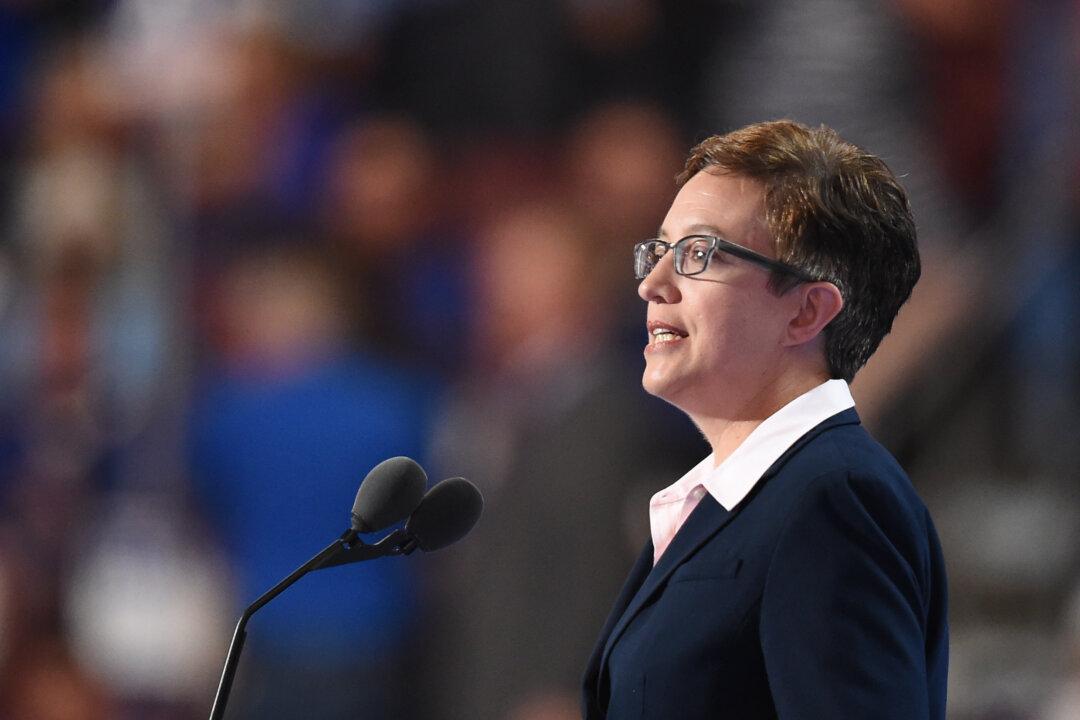Portland’s Central City Task Force (PCCTF) has proposed to restore a ban on illicit drug use in public areas as part of the city’s long-term plan to solve its “most pressing challenges.”
The PCCTF was launched in August to address issues like homelessness, public safety, drug use, and crime in Portland after the Oregon Health Authority warned in May that, on average, three residents are dying every day from an unintended drug overdose.





